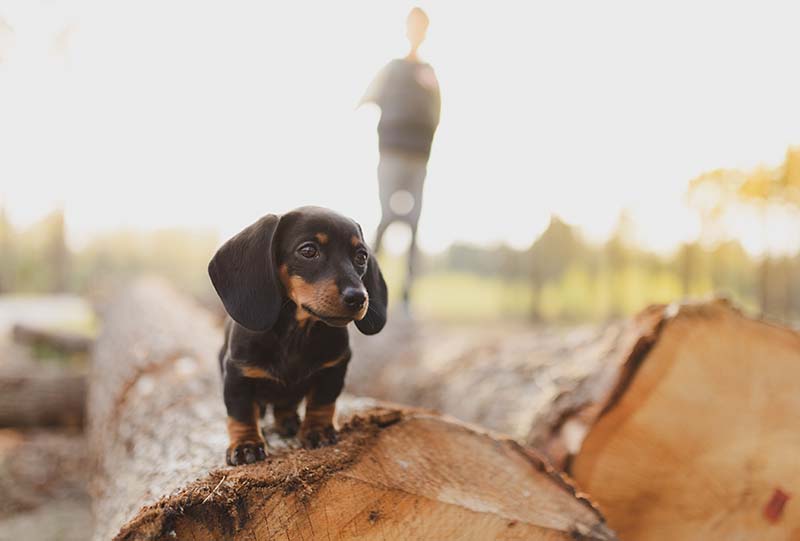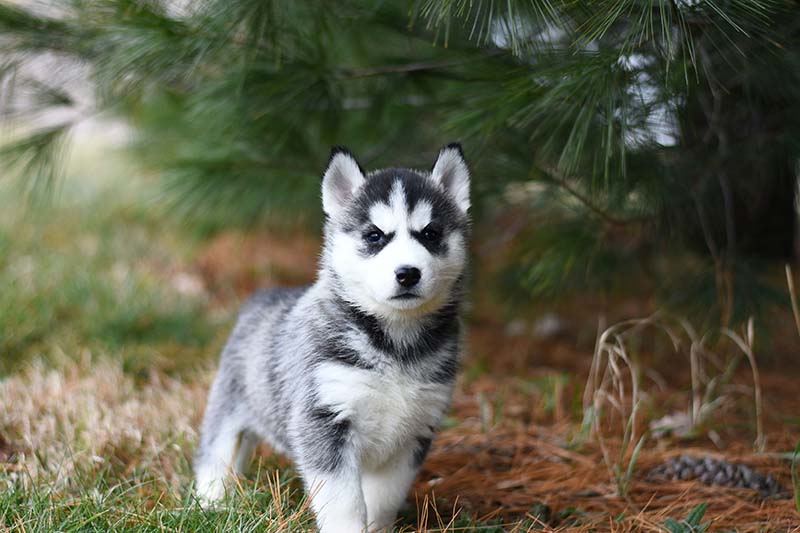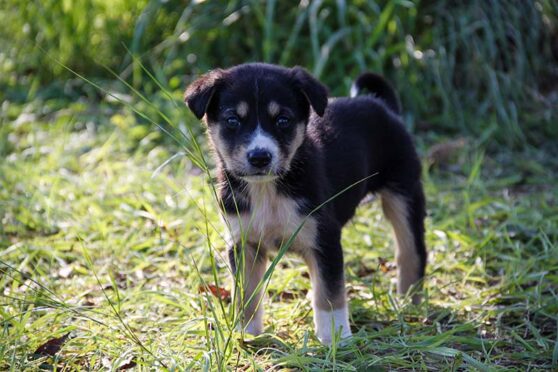For the team at Animal Friends pet insurance, making sure that people’s pets are given the best possible start in life is vital.
That’s why they’ve created PupStart, a bespoke scheme for puppy owners that comes with a whole host of benefits, including access to expert advice and care throughout your puppy’s first year of life.
From diet and nutrition to behavioural changes and socialisation, you’ll be able to get peace of mind on all aspects of your puppy’s wellbeing, with advice tailored to every stage of their development.
And as winter continues and we start looking forward to the beginning of spring, Animal Friends and the online vets at Joii Pet Care have come up with this list of tips to make sure your pets stay happy and healthy during the rest of winter and into spring.
In the garden
As the milder weather comes in, green-thumbed pet owners will be turning their attention to their gardens and with that comes a lot of risks.
Certain products, including pesticides, weedkillers and chemicals to help your grass grow, can be highly toxic to pets. So either don’t use them, or make sure that your pet can’t access any areas where they are used for at least a couple of days after they have been used. Most products will advise how long to keep animals away – so make sure to check the packaging.
Toxic plants include daffodils, tulips and hyacinths, all of which are common in spring gardens.

On a walk
In winter, salt is regularly used to grit roads and pavements covered by snow and ice and it’s extremely handy. However, when it comes to your dogs, that salt can actually be toxic, which is why making sure you wash their paws after every trip outdoors is essential.
It can also help reduce the risk of irritation, cracked pads and in some instances, infections, due to dampness on the paws.
And if you are taking your dog for a walk in the countryside in spring, please be aware that many fields will have sheep and cows which are lambing and calving, and keep them on a lead.
The countryside code also asks owners to make sure you pick up after your dogs and take the poo bags home to dispose of correctly.
Road trips
We all know that it’s dangerous to keep animals in cars in hot spells, but did you know the same applies during cold weather?
Temperatures can plummet quickly, especially once a vehicle’s engine is off, so don’t let your animals sit in parked cars.

Pesky parasites
Make sure to regularly check your pet for flea and ticks that like to call your pets fur home. It’s a common myth that they aren’t an issue during colder weather, but that’s not true, so make sure you use treatments year-round. Remember prevention is always better than cure when it comes to pesky parasites.
It’s also a good idea to get them groomed to make it easier to spot any insects, burrs or grass seeds that make it onto their fur. Grass seeds can cause painful problems for your pet in the spring and summer months if they become lodged in the fur and skin. Around the ears and paws are the key places to check for these.
The right attire
Even though your dog has fur, in the cold and wet weather getting a properly-fitted waterproof “jacket” for your pets can keep the worst of the bad conditions off their skin, which not only stops them from getting cold but also makes it easier to clean and dry them after their walks! (And for older dogs, it can help protect joints from the cold extremities too.)
To find out more about Animal Friends insurance and the PupStart programme, visit their website.

